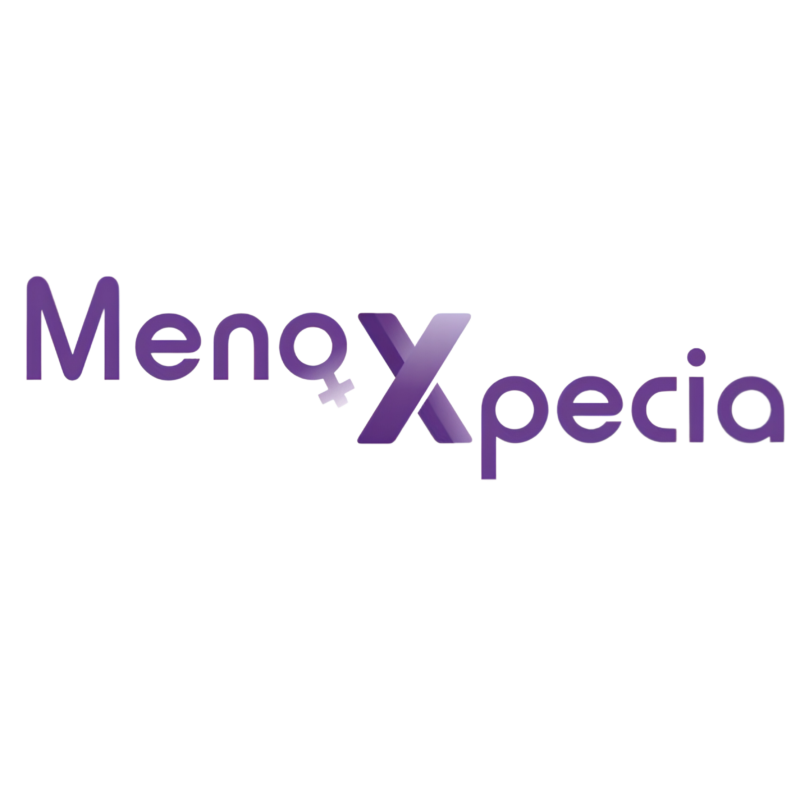Saç ilacı kullanan kişilerin en önemli tereddütü kullandığı ürünün cinsellik üzerine olan yan etkileridir. Okuyacağınız bu bilimsel çalışma depresyon ilacı kullananlarda görülen cinsel isteksizlik ve diğer cinsel fonksiyon bozukluklarında ginkgo biloba etkinliği üzerine yapılmıştır. Ginkgo bilobanın bu olumlu etkisi penis kan dolaşımını artırmasından kaynaklanmaktadır.
Xpecia da ginkgo biloba kullanımının sebebi kan dolaşımını artırdığı yönünde bilimsel verilerdir. Kılcal damarları genişletici etkisi saç kökünün daha iyi beslenmesini sağlamaktadır.
Journal of Sex & Marital Therapy
Volume 24, Issue 2,
Ginkgo biloba for antidepressant-induced sexual dysfunction
DOI:10.1080/00926239808404927
Alan J. Cohena & Barb ara Bartlikb
pages 139-143
Abstract
In an open trial ginkgo biloba, an extract derived from the leaf of the Chinese ginkgo tree and noted for its cerebral enhancing effects, was found to be 84% effective in treating antidepressant-induced sexual dysfunction predominately caused by selective serotonin reuptake inhibitors (SSRIs, N = 63), Women (n = 33) were more responsive to the sexually enhancing effects ofginkgo biloba than men (N = 30), with relative success rates of 91% versus 76%. Ginkgo bilobagenerally had a positive effect on all 4 phases of the sexual response cycle: desire, excitement (erection and lubrication), orgasm, and resolution (afterglow). This study originated from the observation that a geriatric patient on ginkgo biloba for memory enhancement noted improved erections. Patients exhibited sexual dysfunction secondary to a variety of antidepressant medications including selective serotonin reuptake inhibitor (SSRIs), serotonin and nonrepinephrine reuptake inhibitor (SNRIs) monoamine oxidase inhibitor (MAOIs), and tricyclics. Dosages of ginkgo biloba extract ranged from 60 mg qd to 120 mg bid (average = 209 mg/d). The common side effects were gastrointestinal disturbances, headache, and general central nervous system activation. The article includes a discussion of presumed pharmacologic mechanisms, including effects on platelet activating factor, prostaglandins, peripheralvasodilatation, and central serotonin and norepinephrine receptor factor modulation.
Author affiliations
- a University of California at San Francisco, San Francisco, California, USA
- b New York Hospital-Cornell Medical Center, New York, New York, USA
